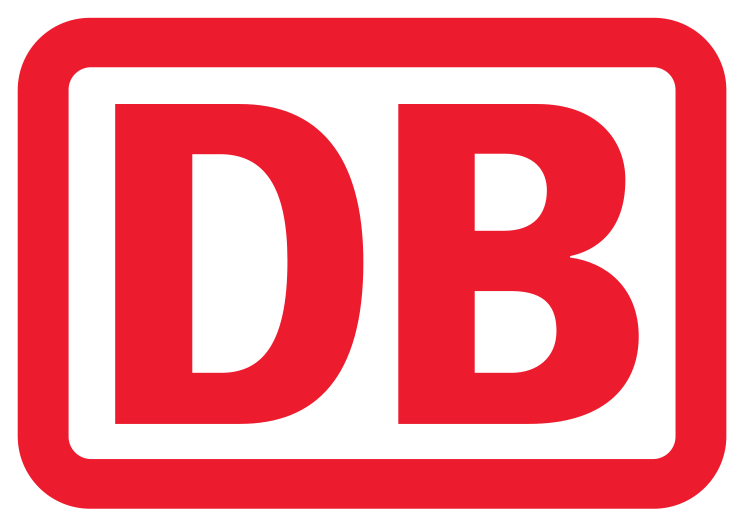Agile working: Developing self-organized teams
Self-motivation & efficiency through meaningful collaboration

Contents
Agility – What's behind it?
- Agile Manifesto – Values and Principles
- Agility: Changing requirements and real visions.
- Line organization and self-organized organization - differences, possibilities.
- The desire for meaningful collaboration.
Self-organized teams in practice—what might that look like?
- 4 team types compared: the authority matrix provides clarity!
- 10 principles for self-organized teams.
- Topics of self-organized teams.
- Agile tools and methods.
- Processes, structures and practices of self-management explained using the example of Scrum.
- Complementary agile approaches to work organization and problem solving: Kanban and Design Thinking.
Responsibility and decision-making in self-organized teams
- Why clarifying responsibility is important.
- Defined roles: Clear areas of responsibility and tasks, promote decision-making authority in the team.
- Methods for analysis and decision making.
Trust and transparency in the team: how do you create a good culture of cooperation?
- Psychological safety as a basis—dealing with mistakes constructively
and learning from them: 8 success factors. - Aim and benefits of feedback - specific methods.
- Goal and benefits of the retrospective - concrete methods.
- Process steps of conflict resolution.
How can self-organized teams be implemented successfully?
- Necessary requirements and conditions.
- Changing an existing way of working and corporate culture - the new role of the manager.
- Accepting challenges and actively shaping them.
- Reflecting on the status quo and creating something new - finding ideas and transferring them into practice.
Learning environment
In your online learning environment, you will find useful information, downloads and extra services for this training course once you have registered.
Your benefit
- You know the success factors of self-organized teams and reflect on your own status quo.
- You will receive suggestions and inspiration for meaningful forms of collaboration.
- You will gain insight into the principles and practices of self-organized teams.
- You will expand your repertoire with agile methods, tools, and techniques and learn how to use and apply them appropriately in collaboration.
- You will learn about tools for constructively designing communication and work processes and will be able to apply them in your team.
- You discuss obstacles to cooperation in self-organized teams and develop concrete possible solutions.
Methods
trainer, discussion of best practice examples, application-oriented exercises in individual and group work, reflection, discussion & exchange of experiences, practical transfer.
Participants are expressly encouraged to contribute their own ideas and examples and these will be included in the training.
Recommended for
Managers, project leaders and employees who work in self-organized teams or would like to implement such teams and want to support or help shape productive, fulfilling and meaningful collaboration.
Further recommendations for "Agile working: Developing self-organized teams"
Start dates and details
Thursday, 07.05.2026
10:00 am - 6:00 pm
Friday, 08.05.2026
09:00 am - 4:00 pm
- one joint lunch per full seminar day,
- Catering during breaks and
- extensive working documents.
- one joint lunch per full seminar day,
- Catering during breaks and
- extensive working documents.
- one joint lunch per full seminar day,
- Catering during breaks and
- extensive working documents.
 4.6
4.6








